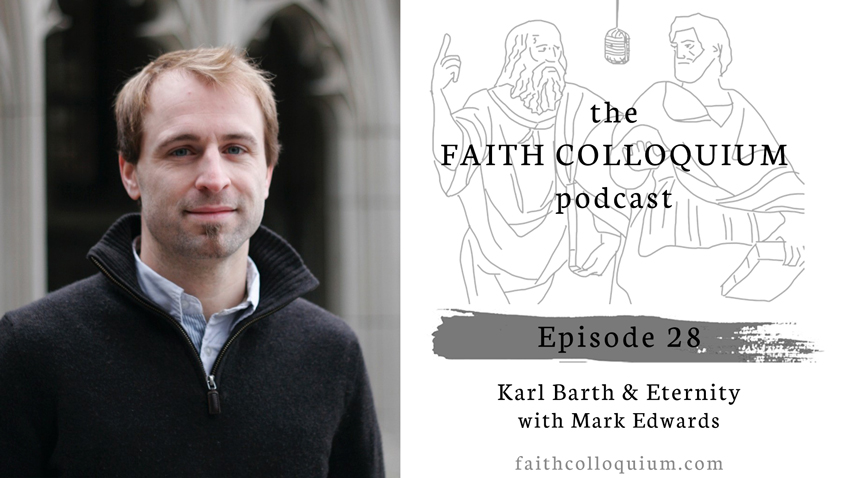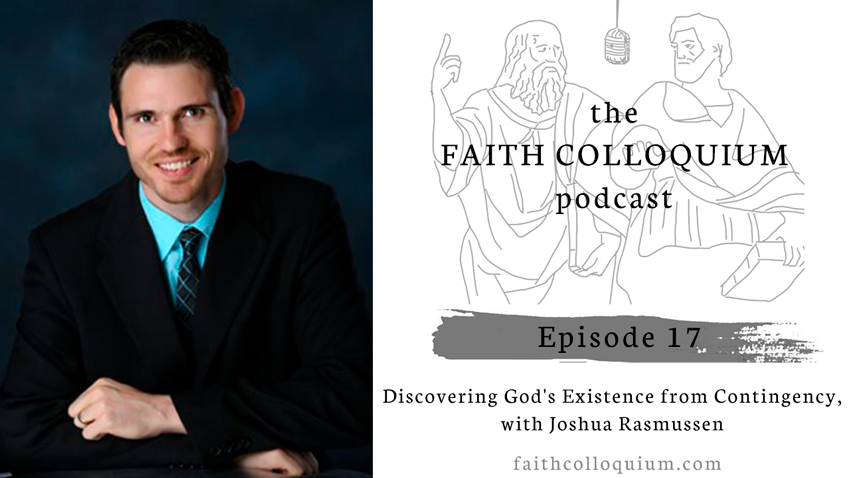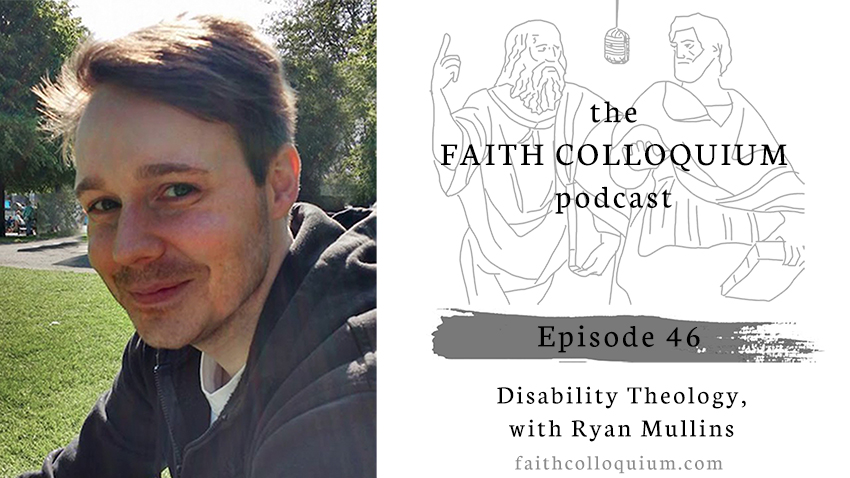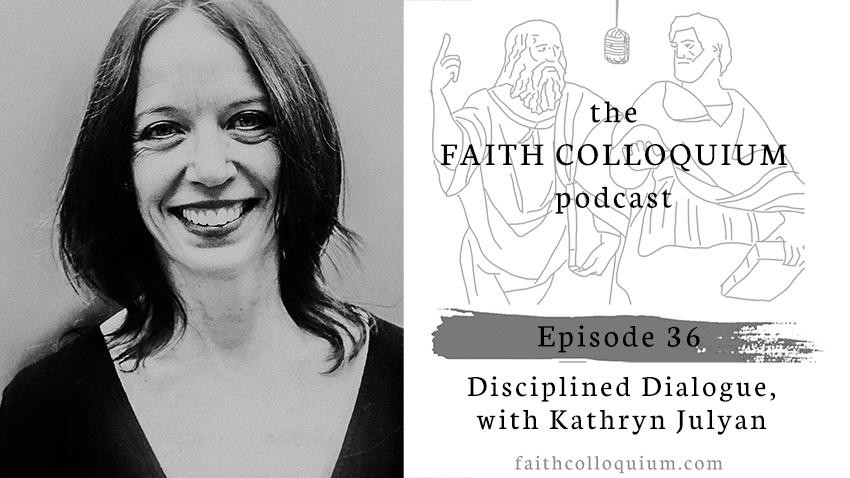Philosophical Theology
Functional Gnosticism
As Christians we believe the fact that we exist as embodied creatures is not inconsequential. The Judeo-Christian tradition has always upheld the sacredness of the physical world. Attentive thinkers from Paul to C.S. Lewis have argued that, contra the notion that our bodies are unfortunate barriers and irrelevant to our identities, matter matters to God. The Gnostic philosophy that offered an alternative reality unencumbered by the physical world where we can we find our true selves, was one that Christians took head on in the early church. Could one be both a Gnostic and a faithful Christian? No. Against Gnosticism, the church draws upon its rich resources from the creation narrative itself in which God makes Adam from the dust of the ground to the early creeds which confess that God “was incarnate and was made man,” as we (try to) answer the question, “What does it mean to be human?” Moreover, it is on the grounds that we think our bodies matter that Christian ethics calls for a strict stance on sexual practice, for example. But of course, the necessary presuppositions in place in… Read More »Functional Gnosticism
1,235 total views
Karl Barth & Eternity, with Mark Edwards

What is Time? How Does Karl Barth Think about Eternity? Listen in with Mark Edwards & Sheb Varghese, on the Faith Colloquium podcast.
Read More »Karl Barth & Eternity, with Mark Edwards
775 total views
Discovering God’s Existence from Contingency, with Joshua Rasmussen

What is contingency? Can reason lead to God? Listen in with Joshua Rasmussen and Sheb Varghese.
Read More »Discovering God’s Existence from Contingency, with Joshua Rasmussen
818 total views
Recovering the Virtue of Prudence

How should we go about making important decisions? Listen in with Sheb and Sam Varghese.
778 total views
Do All Dogs Go to Heaven? And Other Questions About the Eschaton
What will the after-life be like?
Will people eat?
Will there be actual streets of gold?
Will we see our pets?
Read More »Do All Dogs Go to Heaven? And Other Questions About the Eschaton
732 total views
God and Time, with Ryan Mullins
Does God transcend time? Or is God temporal? How might God know the future? Listen in with Ryan Mullins.
Read More »God and Time, with Ryan Mullins
834 total views
Black Panther and the Problem of Evil
The problem of evil is a challenge to religious belief, and yet the New Testament writers felt that the death and resurrection of Jesus effectively disempowered the forces of evil in the world, and evil should not be a hindrance to trust in God.
How does this make sense?
Read More »Black Panther and the Problem of Evil
536 total views
God, the Undercover Agent?
I will be honest: I find the problem of evil and suffering deeply intellectually and emotionally troubling as someone who is committed to Christian theism.
Read More »God, the Undercover Agent?
703 total views
Why I Still Believe the Bible
The Bible is probably the most well–known book in the world. It’s read by all sorts of different people: men, women, young, old, rich, poor… And it’s also read for many different reasons: to bring hope, to reveal knowledge, to find comfort… Yet, at the same time the Bible is surrounded by an incredible amount of controversy. People discuss it, attack it, question it. And to make things more complicated, there seems to be as many interpretations of it as there are people who read it. As I read and study the Bible, I see it primarily as a means to an end. Before I explain what I mean, let me say a few other things first: There is no such thing as just reading the Bible. Everyone is interpreting the Bible. All the words, and verses are the same but everyone comes at it with a certain lens of interpretation. Simply pointing to “what the Bible says” is not quite enough. Take for example, John 6 in which Jesus says, “I am the bread of life…eat my flesh…” Protestants read those verses and think,… Read More »Why I Still Believe the Bible
812 total views
Why I Believe in God – Part 3
I wanted to share some of the philosophical arguments for the existence of God that compel me the most. Click to view Part 1 and Part 2.
The Transcendental Argument. This argument primarily comes out of the work of Cornelius Van Til and other presuppositional apologists, and I find it to be incredibly powerful. I think it goes much deeper than a lot of the other arguments for God’s existence.
Read More »Why I Believe in God – Part 3
775 total views
Why I Believe in God – Part 2
(This is the second part of the philosophical arguments for belief in God that compel me the most. You can click here to view Part 1.)
The Moral Argument. This argument can find its roots in philosophers such as Thomas Aquinas, Immanuel Kant, and it is also employed by C.S. Lewis in Mere Christianity. The argument goes as follows:
Read More »Why I Believe in God – Part 2
619 total views
Why I Believe In God – Part 1
I think it’s valuable to have good reasons for believing that God exists, and some of those reasons include philosophical arguments. Though I don’t think it’s necessary for Christians to know all the philosophical arguments for God’s existence, I do think that it proves incredibly beneficial and assuring for the Christian person’s faith; and I think most Christians particularly in North America and Europe really don’t have an excuse for not knowing the arguments. That being said, I want to explain the arguments for belief in God which compel me the most:
Read More »Why I Believe In God – Part 1
634 total views


